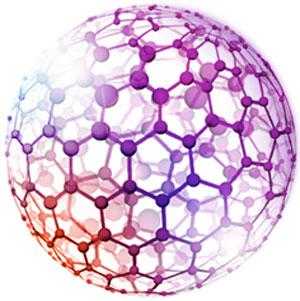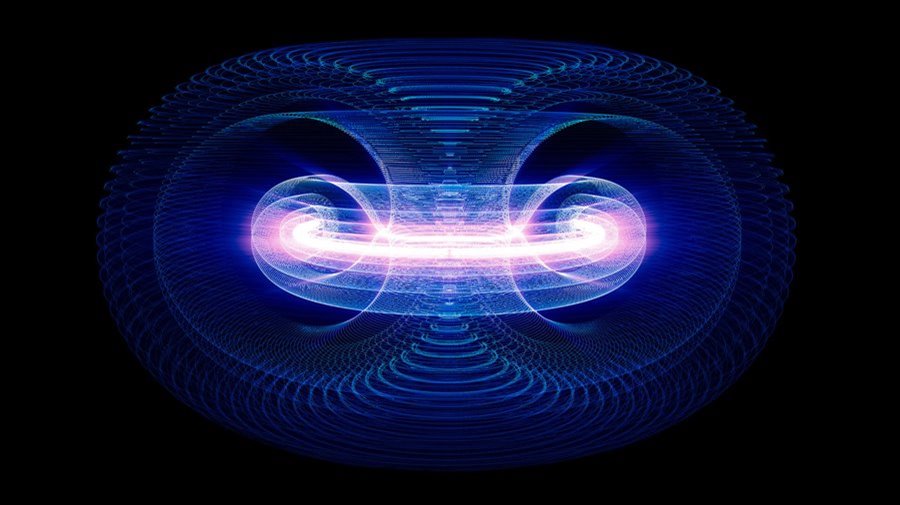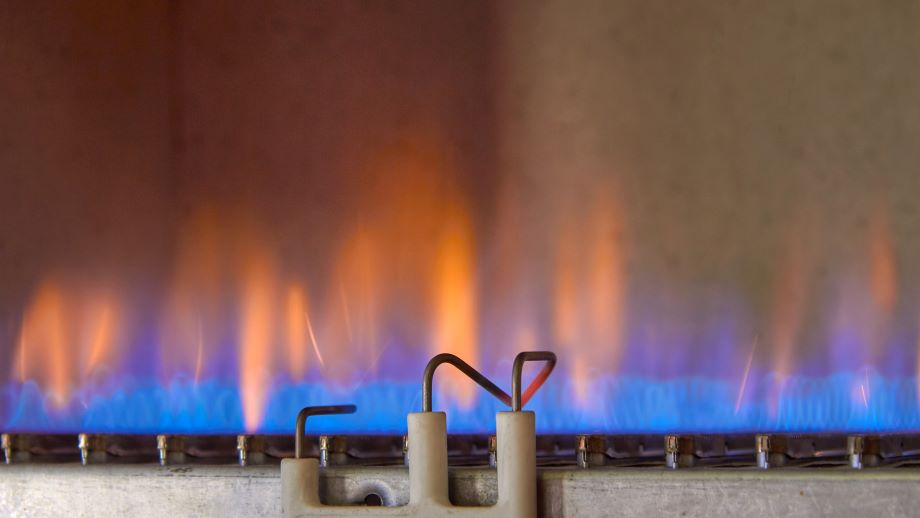Spotlight on: Nanoengineering Sessions at the 2013 Congress
Spotlight on: Nanoengineering Sessions at the 2013 Congress

The 2013 ASME International Mechanical Engineering Congress and Exposition in San Diego, Calif., will include a number of nanotechnology-related sessions in its technical program this year. The ASME NanoEngineering for Energy and Sustainability (NEES) Steering Committee encourages all Congress attendees to explore the many sessions that focus on how nanotechnology has a direct impact on energy and sustainability. These include panel presentations, technical sessions, and the Society-Wide Micro and Nano Technology Poster Forum on Nov. 19. The 2013 Congress will take place Nov. 15-21 at the Manchester Grand Hyatt San Diego.
NEES-related topics start from the very first technical session of the congress, on Nov 18 at 9:45 a.m., when the NEES Steering Committee is co-sponsoring the panel presentation "Materials Challenges for Energy" (Session 7-12-6) in the Madeleine B Room on the third floor. This panel session will examine both the state-of-the-art in and the challenges associated with materials for nuclear, fossil, solar, and wind energy. An open discussion on the topic will follow brief presentations from each of the distinguished panelists: Adam Cohen, deputy director of operations for the Princeton Plasma Physics Laboratory; Bryan Morreale, research group leader at the Department of Energy's National Energy Technology Laboratory; Reuben Collins, professor of physics and associate director of the Renewable Energy Materials Research Science and Engineering Center at the Colorado School of Mines; and SuSu Wang, Distinguished University Professor at the University of Houston's mechanical engineering department.
Another exciting panel will follow from 3:00 p.m. to 4:45 p.m. that same day: "Nanoengineering for Energy Storage" (Session 11-10-3). The session, to take place in the Connaught Room on the third floor, will feature speakers from the National Science Foundation, industry, and academia discussing the advances, challenges, and opportunities in energy storage through design, processing, and manipulation of material at the nanometer-scale.
Panelists taking part in the discussion will include Ram Gupta, director of the NSF's Energy for Sustainability Program; Steven Kaye, chief scientific officer at Wildcat Discovery Technologies; Shirley Meng, associate professor of nanoengineering at the University of California, San Diego; and Partha Mukherjee, assistant professor of engineering at Texas A&M University.
"We are very excited about the programming we're sponsoring at this year's Congress," said Marriner Merrill, researcher at the U.S. Naval Research Laboratory and secretary of the NEES Steering Committee. "We believe these sessions will be tremendously valuable to researchers and engineers who understand the impact that nanoengineering can have in the fields of energy and sustainability."
The steering committee also invites all IMECE attendees to the Society-Wide Micro and Nano Technology Poster Forum, which returns to the Congress for its 11th year. The forum, to be held Nov. 19 from 12:30 p.m. to 3:30 p.m. in the Douglas Pavilion on the first floor, will feature posters in the categories of applied mechanics, bioengineering, electronic and photonic packaging, fluid mechanics, heat transfer, materials, and microelectromechanical systems (MEMS). This year, 130 posters will be presented by attendees from around the country. More than 20 student presenters were able to travel to the Forum this year through a generous travel grant from the National Science Foundation.
The posters being presented this year will cover cutting-edge topics in medicine and energy, including bio-inspired stretchable electronics for biomedical devices, microneedles for drug delivery in the eye, nanopatterning of vascular stents, enhancement of lithium ion batteries, and energy harvesting systems for automotive applications. The submissions will compete for the Best Poster Awards, which include cash prizes, as well as a certificate signed by ASME President Madiha El Mehelmy Kotb. Kotb, along with NSF Program Manager Khershed Cooper, will deliver remarks at the award ceremony. Four ASME Divisions, including Applied Mechanics, Electronic and Photonic Packaging, MEMS, and Heat Transfer, provided funding for Best Poster Awards. The Applied Mechanics Division also provided a travel grant to a student whose poster addressed a heat transfer topic.
The committee is also sponsoring or supporting specific technical sessions in a number of the Congress' technical tracks, including the committee's home track, "Micro- and Nano-Systems Engineering and Packaging" (Track 11), as well sessions in "Advanced Manufacturing" (Track 2), "Energy" (Track 7), and "Heat Transfer and Thermal Engineering" (Track 9).
Congress attendees who are interested in learning about or contributing to future nanoengineering-related Congress programming are invited to attend the NEES Steering Committee meeting, which will be held Nov. 20 from 9:30 a.m.-11:00 a.m. in Molly A Room on the second floor.
For more information on NanoEngineering for Energy and Sustainability (NEES) Steering Committee activities, join the NEES Group on ASME.org, or contact Christine Reilley, Emerging Technologies, by e-mail at reilleyc@asme.org.



.png?width=854&height=480&ext=.png)
